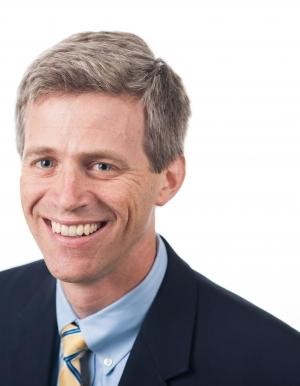
Professor Tim Lieuwen is the interim chair of the Daniel Guggenheim School of Aerospace Engineering, Regents’ Professor, holder of the David S. Lewis, Jr. Chair, and the executive director of the Strategic Energy Institute at Georgia Tech. His interests lie in the areas of clean energy and propulsion systems, energy policy, acoustics, fluid mechanics, and combustion. He works closely with industry and government, focusing particularly on fundamental problems that arise out of the development of clean combustion systems or utilization of alternative fuels. If you are a prospective graduate student and like making fire, making noise, and saving the planet --all at the same time-- these are all great problems to work on!
Dr. Lieuwen is a member of the National Academy of Engineering, a Foreign Fellow of the Indian National Academy of Engineering, and a Fellow of four major societies. Other national awards include the ASME Westinghouse Gold Medal and AIAA Lawrence Pendray Award. He serves on governing or advisory boards of 3 DOE national labs (ORNL, PNNL, and NREL). He has authored or edited four combustion books, including the textbook Unsteady Combustor Physics, and more than 400 other publications. He has also received five patents, all licensed to industry, and founded and serves as CTO of, TurbineLogic, an analytics firm working in the energy industry. He is a member of the National Petroleum Counsel and is editor-in-chief of an American Institute of Aeronautics and Astronautics book series.
Professor Tim Lieuwen’s research group has a combustion research focus centered on clean combustion and unsteady combustion physics [1]. Clean emissions research includes operability challenges (blowout, flashback, autoignition, and combustion dynamics) which can often obscure operating conditions that minimize pollutant emissions. Clean combustion also includes an investigation of alternative fuels, including gaseous fuels for ground power (such as hydrogen and ammonia) and sustainable aviaition fuels. This alternative fuels research is helping us understand pollutant emissions formation chemistry with new and existing fuels, tackle operability issues with alternative fuels, and discover new combustor architecture paradigms. As a world leader in unsteady combustion physics, Professor Lieuwen’s group is at the cutting edge of problems such as combustion dynamics, from reduced order modeling to R&D for fielded issues.
[1] T. C. Lieuwen, Unsteady Combustor Physics, Cambridge University Press, 2021.
